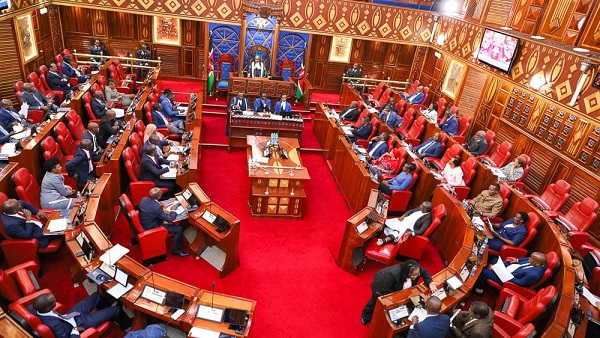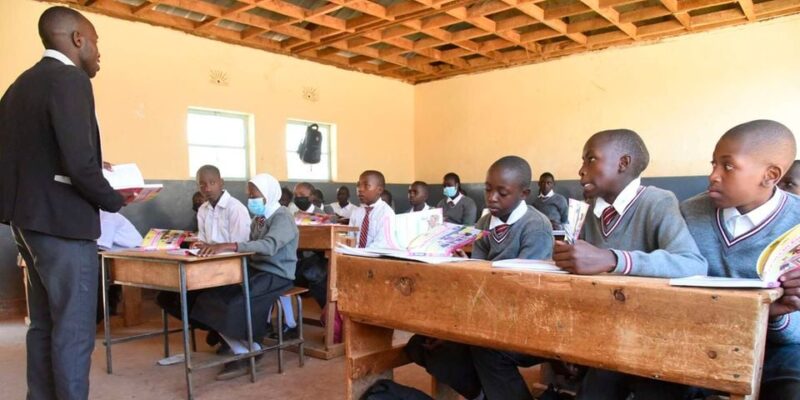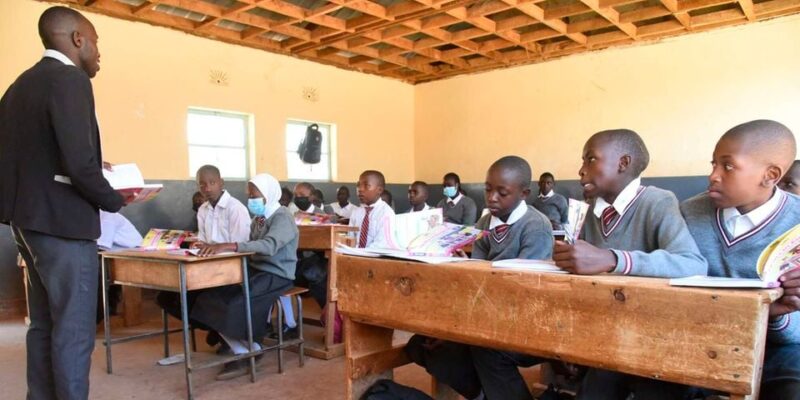Kenyan lawmakers demand answers after an audit reveals 87,000 ghost learners and multiple schools with no students. MPs accuse ministry officials of enabling fraud.
The Ministry of Education is facing growing political heat after a national audit exposed 87,000 ghost learners and several schools that appear to exist only in government data systems. The revelations have drawn harsh criticism from Parliament, where lawmakers insist ministry officials must explain how billions in capitation were disbursed without proper verification.
During a recent appearance before the National Assembly, Education Cabinet Secretary Julius Ogamba was pressed to clarify why at least 10 schools with zero learners remained active in ministry records and whether public funds were previously allocated to them. The discovery has triggered concerns that fictitious institutions may have received capitation funds for years.
National Assembly Speaker Moses Wetang’ula led the charge, accusing ministry personnel of gross negligence. “Your officers are stationed in every county. Their job is to maintain and update school records. How did non-existent schools receive public money?” he asked. “How many officers have you interdicted for this criminal mismanagement?”
Ogamba cautioned against premature punishment, arguing that the ministry must complete the verification before initiating disciplinary action. He warned that taking action without conclusive evidence could jeopardize the ministry’s case if the matter proceeds to court. “We cannot discipline officers before analysis is complete,” he said. “Criminal culpability must be addressed by investigative agencies.”
However, many MPs were unconvinced. Suba North MP Millie Odhiambo questioned the slow pace of tracing individuals who may have benefited from the fraudulent scheme. “You say you have found non-existent schools. Then why is it taking so long to identify who authorized payments? Follow the money and fire them,” she demanded.
Kitui South MP Rachael Nyamai revealed that the committee had identified 934 schools that received capitation the Ministry cannot fully verify, suggesting the existence of a deeply entrenched network of fraudulent beneficiaries. She warned that if not dismantled, the system would continue draining public money.
Kilifi North MP Owen Baya argued that the problem stems from entrenched officials who have remained in certain positions for over a decade. “Some officers have stayed in one posting for far too long, accumulating power and guarding information. Unless you conduct a radical purge, funds will keep leaking from your ministry,” Baya said.
Director-General for Basic Education Elyas Abdi maintained that suspicious institutions will undergo physical inspection, while Principal Secretary Julius Bitok urged head teachers to verify their data urgently to ensure future capitation is accurate and timely.
With the ministry withholding Sh1.1 billion pending verification and the audit extended for the fourth time since September 2025, pressure continues to mount on the government to take decisive action.
The investigation—expected to conclude within the next two months—could mark a turning point in Kenya’s education sector, potentially exposing one of the largest financial fraud schemes in its history.






